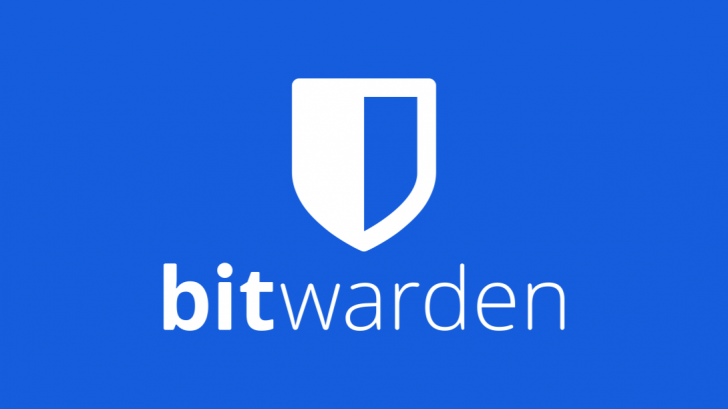

If you specify n, your instance will not use an SSL certificate and you will be required to front your installation with a HTTPS proxy, or else Bitwarden applications will not function properly. For more information, see Certificate Options. This option is only recommended for testing. Specify y to have Bitwarden generate a self-signed certificate for you. For more information, see Certificate Options.Īlternatively, specify n and use the self-signed SSL certificate? option, which is only recommended for testing purposes.ĭo you want to generate a self-signed SSL certificate? (y/n): You will be asked whether it is a trusted SSL certificate (y/n). If you already have your own SSL certificate, specify y and place the necessary files in the. For more information, see What are my installation id and installation key used for?ĭo you have a SSL certificate to use? (y/n): Retrieve an installation key using a valid email at. For more information, see what are my installation id and installation key used for? Retrieve an installation id using a valid email at. For more information, see Certificate Options.Īlternatively, specify n and use the Do you have a SSL certificate to use? option.

You will be prompted to enter an email address for expiration reminders from Let's Encrypt. Specify y to generate a trusted SSL certificate using Let's Encrypt. Typically, this value should be the configured DNS record.ĭo you want to use Let's Encrypt to generate a free SSL certificate? (y/n): Step 2: Install dependencies Some dependencies are required for the installation of Bitwarden. sudo apt update With the package lists up to date, head over to the next step. Step 1: Update the system Let’s start off by updating the package index as follows. Enter the domain name for your Bitwarden instance: In this guide, we will walk you through the installation of Bitwarden on Ubuntu 20.04.


 0 kommentar(er)
0 kommentar(er)
